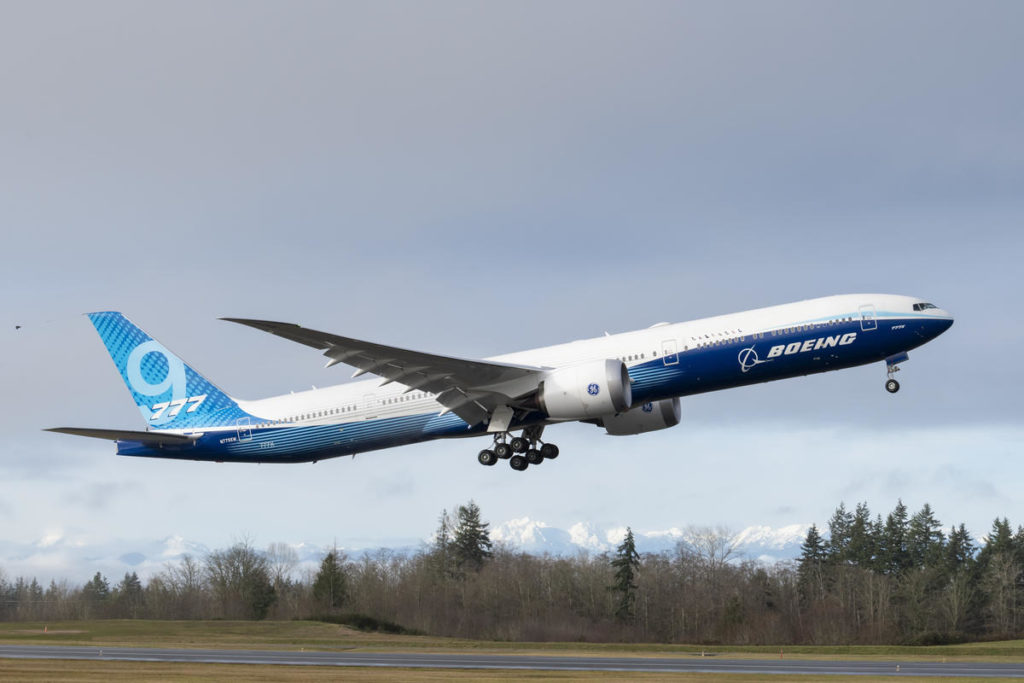
The Federal Aviation Administration (FAA) has decided to step up Boeing 777 inspections following an incident in Denver last weekend.
An engine onboard United Airlines flight 328 failed as it was flying from Denver to Honolulu, and dumped debris over the suburbs of Colorado city. Authorities reported that no damage or injuries were caused aboard or on the ground and the plane landed safely.
However, planes that contain the same Pratt & Whitney PW4000 engines are now being removed from service. United Airlines, Japan Airlines and All Nippon Airways have stopped using 62 planes, while Korean Air informed it has decided to ground six. Boeing informed that a total of 128 aircraft with the same engine as the Denver plane should be grounded. According to the National Transportation Safety Board (NTSB), the initial finding showed that most of the damage occurred in the right engine, where two fan blades were fractured. The main body of the airplane suffered only minor damage.
Boeing said in a press statement that it was actively monitoring recent events related to United Airlines flight 328. The company added that while the NTSB investigation is ongoing, operations of the 69 in-service and 59 in-storage 777s powered by Pratt & Whitney 4000-112 engines should be suspended until the FAA identifies the appropriate inspection protocol. It also shared that the company is working with the regulators as they take actions while these planes are on the ground and further inspections are conducted by Pratt & Whitney.
Steve Dickson, FAA Administrator took to social media and shared that after consulting with the team of aviation safety experts about the engine failure aboard a Boeing 777 airplane in Denver, an Emergency Airworthiness Directive that would require immediate or stepped-up inspections of Boeing 777 airplanes equipped with certain Pratt & Whitney PW4000 engines has been issued.
He mentioned that all available safety data have been reviewed following the incident. He stated that based on the initial information, it was concluded that the inspection interval should be stepped up for the hollow fan blades that are unique to the model of the engine, used solely on Boeing 777 airplanes. He shared that the FAA is working closely with other civil aviation authorities to make the information available to affected operators in their jurisdictions.



 share
share





































